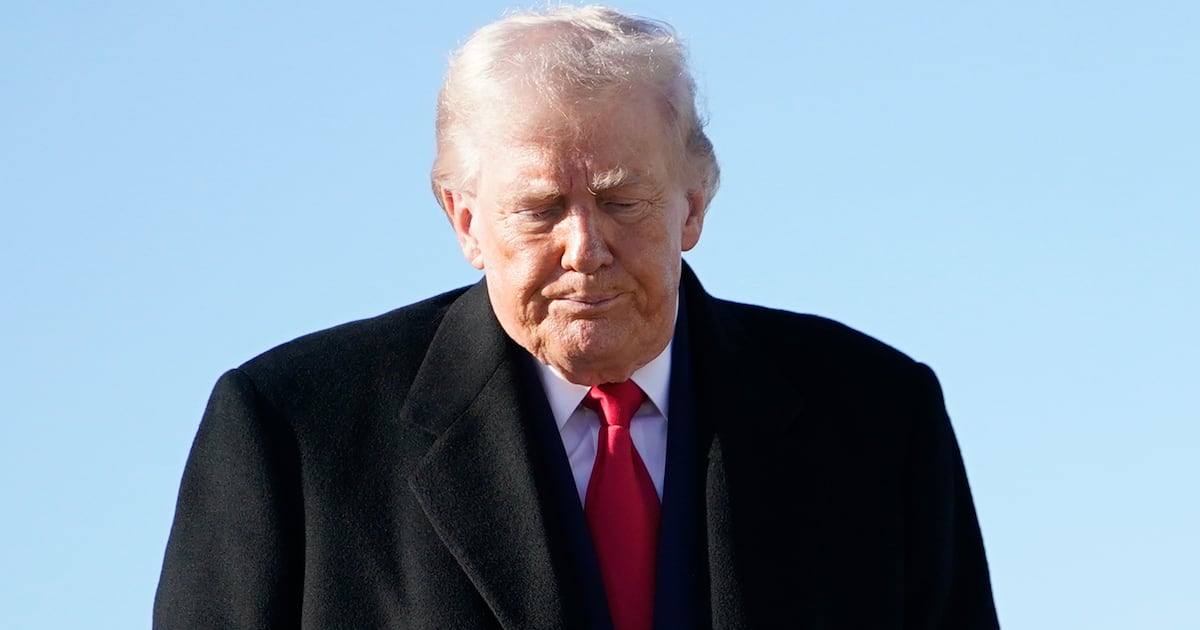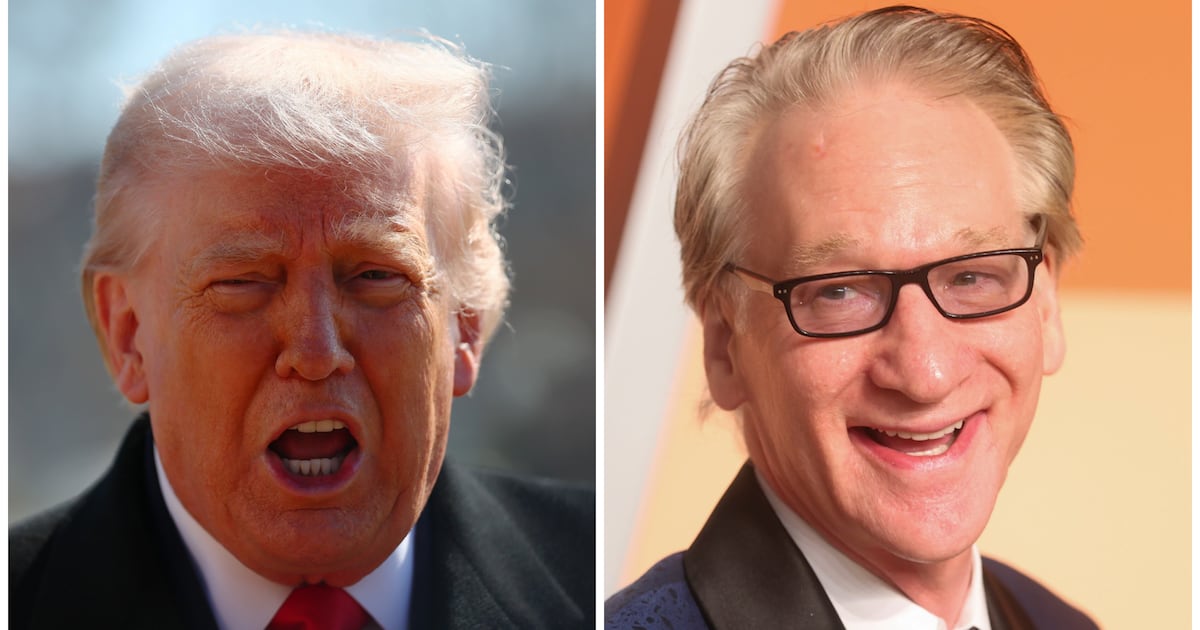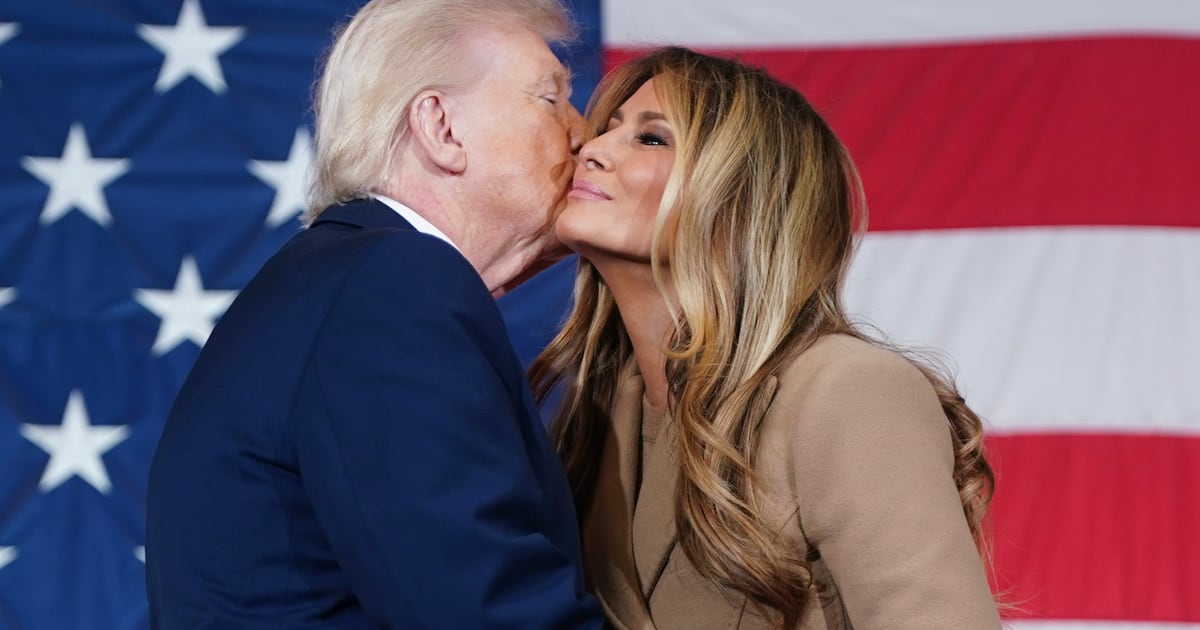“I was totally pleased when I heard 49 Muslims were killed…” Rep. Rashida Tlaib, overcome with emotion, had to stop at that point while reading a vile email sent to her office by a white supremacist. Tlaib, one of the two Muslim women elected to Congress in 2018, continued as tears ran down her face and her voiced trembled. “Many more were wounded in New Zealand. This is a great start. Let’s hope and pray that it can continue here in the ‘good ole USA.’” After a brief pause, Tlaib finished reading the email, “The only good Muslim is a dead Muslim.”
Tlaib then remarked, “We get so many of them, and I keep asking, 'What happens?' 'What happens to these individuals?” adding poignantly, "I'm really sincere. I'm a mother. I want to go home to my two boys.”
For years Muslim Americans, especially visible ones, have received those very type of hateful threats. (I’ve been threatened with death myself by white supremacists for being Muslim and daring to call out their hate in my articles.) The difference is that Tlaib actually has the power to make a difference on the issue.
Indeed, this was the very reason for the House Oversight Committee hearing Tuesday, titled “Confronting White Supremacy: Adequacy of the Federal Response,” where Tlaib shared that email. And when Tlaib finished reading that threatening email, she didn’t seek sympathy—she sought to have our laws changed by pressing the assistant director of the FBI Counterterrorism Division, Michael McGarrity, who was testifying before the committee, on why threats like these were not viewed as domestic terrorism.
In response, McGarrity expressed sympathy but responded, "there's no domestic terrorism charge."
I’m sure that must come as a surprise to some. How is it that we do not have a federal statute that charges a person or organization with domestic terrorism?
Now, under federal law there’s a statute that defines “domestic terrorism.” That law, 18 U.S. Code Section 2331, provides that domestic terrorism means activities that “involve acts dangerous to human life that are a violation of the criminal laws of the United States or of any State” and “appear to be intended to intimidate or coerce a civilian population,” or “to influence the policy of a government by intimidation or coercion,” or “to affect the conduct of a government by mass destruction, assassination, or kidnapping.”
What’s missing is a federal law that penalizes a person for engaging in such conduct. Obviously, people will still be charged for acts of violence connected to their crimes, but as opposed to someone who conspires to help ISIS, a white supremacist who walks into a church and murders black people in the hopes of starting a race war will not be charged with terrorism. In fact, that was the very fact pattern involving white supremacist Dylann Roof, who in 2015 murdered nine African Americans in a famous black church in South Carolina yet was not charged with terrorism.
Now, some may ask why does it matter if a person is formally charged with “domestic terrorism,” considering they will still be prosecuted under other laws? There are a few compelling reasons. First, it would make Americans aware of the threat that domestic terrorism poses to our nation and in turn cause people to press the federal government to allocate more resources to combat this growing, deadly problem.
That very point was made by Rep. Jamie Raskin (D-MD), the chair of Tuesday’s hearing, who explained that between 2009 and 2018, far-right extremists were responsible for 73 percent of extremist murders, while international terrorists were responsible for 23 percent. (In 2018 alone, per the ADL, there was a spike in right-wing terrorism, with 50 Americans killed, the highest number since 1995’s Oklahoma City bombing.) But as Raskin noted, the FBI “allocates its resources almost exactly backwards than the problem would suggest… devoting 80 percent of field agents to stopping international terrorism including Islamic extremism, and only 20 percent to stopping domestic terrorism including far-right and white supremacist extremism."
Perhaps this lack of federal resources to counter domestic terrorism comes from the top, since Donald Trump declared just a few months ago that despite a measurable spike in white supremacist terrorism, he didn’t think it was a real problem in America. Instead, Trump dismissed it as the work of "a small group of people.”
Another critical reason for a domestic terrorism law was articulated by a former federal prosecutor after December’s horrific Tree of Life synagogue attack in Pittsburgh by a white supremacist. She noted that such a law would provide for better record-keeping, since currently the Department of Justice “lacks comprehensive data on domestic terrorism incidents around the country.” Her hope was that by quantifying these numbers, it could “improve the accuracy of the data and enable better strategies to combat the threat.”
And if law enforcement were to charge these actors with terrorism it would mean the media would finally use that word in describing white supremacists and other domestic terrorists. Let’s be blunt: Some in our media are uncomfortable using the word “terrorist” when the person involved is white as opposed to brown. I’ve seen it first-hand. But by charging white supremacists formally with terrorism, the media would be required to use the word.
All of this is about keeping Americas safe. Enacting a federal law to charge people with domestic terrorism and allocating the resources to address it are a big step in that direction. The question is would Trump ever sign into a law a measure that targets white supremacists and other right-wing radicals? From what we’ve so far from Trump, the answer would tragically be a resounding no.







